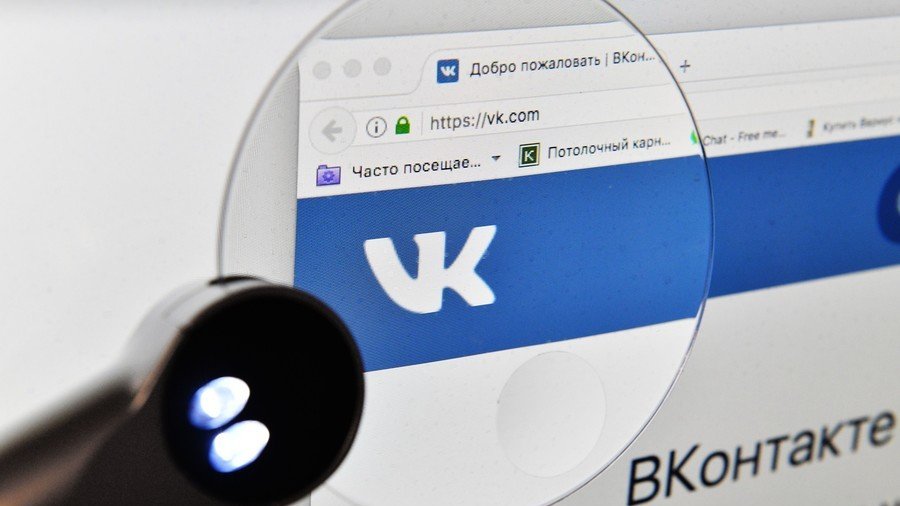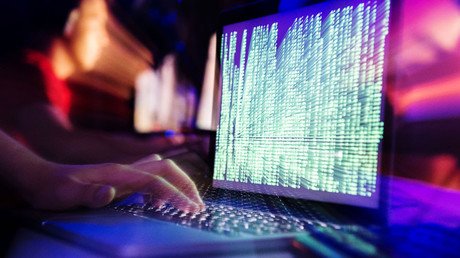Russian Communist Party MP and Nobel Prize-winner Zhores Alferov has urged restrictions on internet access, saying unlimited access to information can harm people’s morals and mental health.
“The internet must have limitations and it must not be available to everyone,” Alferov stated in a recent interview with Rossiiskaya Gazeta daily. He went on to explain that in his opinion the total lack of control and restrictions of the net can affect people’s behavior and damage publicly-accepted moral guidelines.
“By making fools of our population today we will have a lot of problems,” he said.
In the same interview, Alferov said he personally did not expect any conflicts between humanity and artificial intelligence in future, but stated that it was wrong to “fully trust a machine.”
Alferov is a world-renowned physicist, a member of the Russian Academy of Sciences and the winner of the 2000 Nobel Prize in Physics. He is also a State Duma MP representing the largest opposition party, the Communist Party of the Russian Federation (KPRF).
On Monday, the state-run VTSIOM agency released the results of a recent poll that shows almost two-thirds of adult Russian citizens have accounts on social networks. It also revealed almost a half of the population checks or updates their social network accounts on a daily basis.
“At present, 45 percent of the poll participants use at least one social network every day and 62 percent do this at least once a week. About a third of those polled are completely excluded from social media – 20 percent because they have no access to the internet and 10 percent because they do not have a social network account,” VTSIOM report reads.
According to the poll, the most popular social networks in Russia are national companies Vkontakte (In Contact) and Odnoklassniki (Classmates). Facebook-owned, image-oriented Instagram comes third in the popularity rating.
Russian lawmakers began introducing large-scale regulation of the internet in 2012. At the time, parliament passed the bill allowing state agencies to block certain internet pages. Initially, the motion addressed sources containing child pornography, suicide instructions or those promoting drugs, but additions to the list have been made after various regional courts found certain sites and pages harmful or dangerous – including those that spread religious or ethnic hatred.
In mid-2017, the law was amended with a ban on any technology or software that allows access to websites that have been officially blocked on Russian territory.



